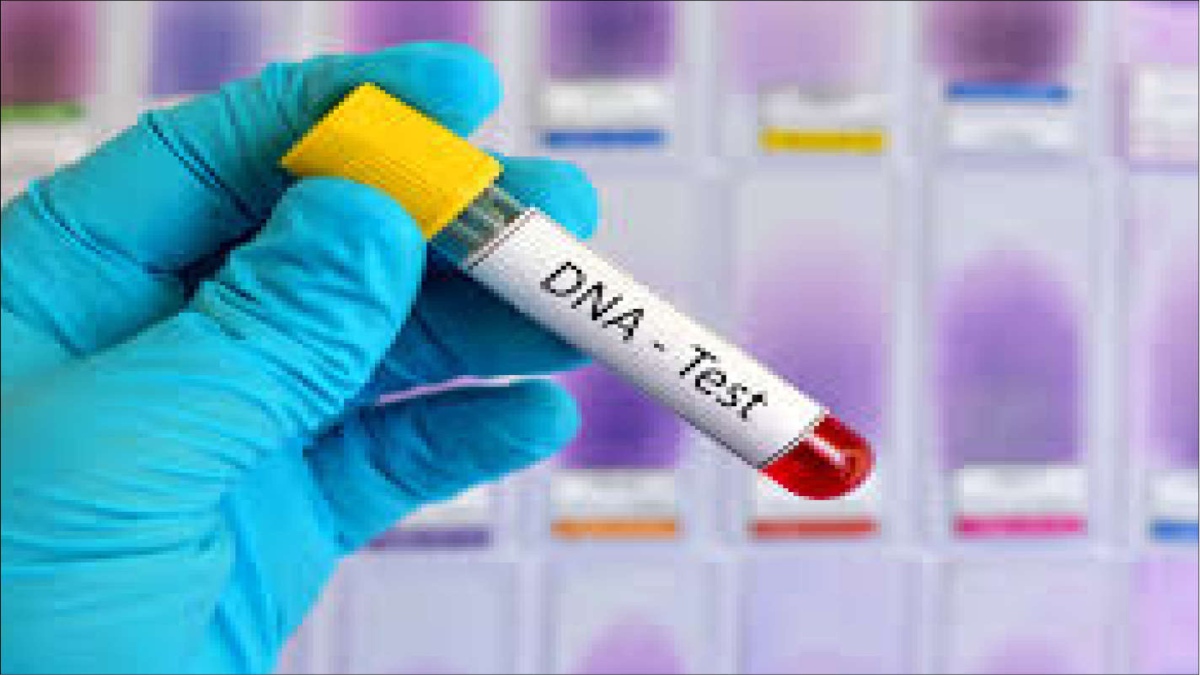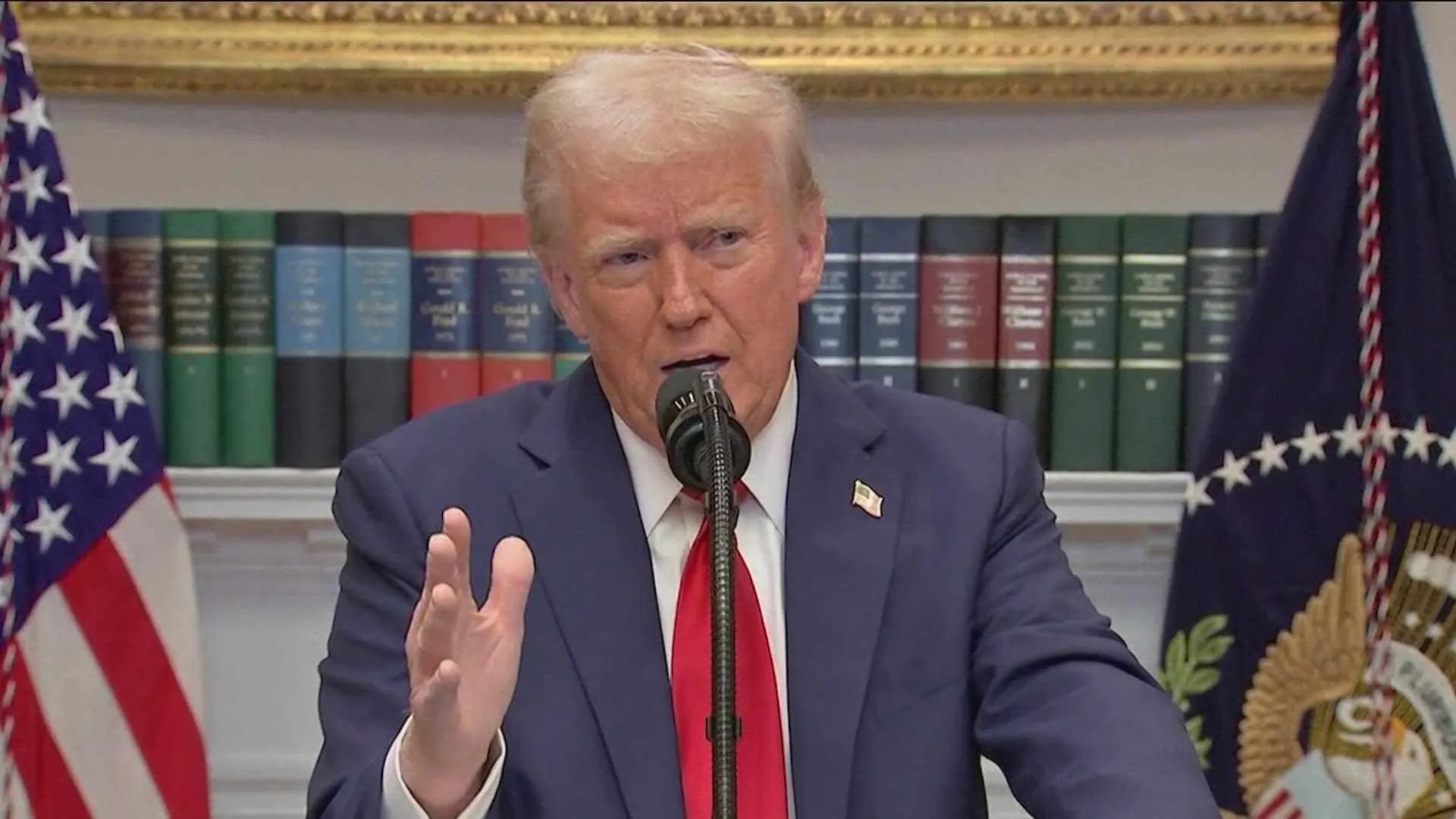DNA is known as the genetic material as it doesn’t change during an individual’s lifetime. DNA carries the evidentiary value from areas where else way nothing is found. This DNA is a double helix structure which can be separated like a zip. The separation can be simply done using high temperature and mechanical force and dye in order to see it under the microscope. When the double helix melts, both the strands get separated and comes to existence as two independent molecules. DNA is a type of a polymer which have millions of nucleotides and when these nucleotide enclose each other tightly they are called polunucleotide. Hence the polymer is called the backbone of DNA and it also has the sugar phosphate residues. There are plethora of cases where the blood group for paternity is considered and hold an evidentiary value. Restriction Fragment Length Polymorphism (RFLP) is one of the type of DNA profiling which is still a debatable issue in litigation. While the types generally used and are in practice for DNA profiling are Polymerase Chain Reaction(PCR) and mt-DNA. DNA is found in human body. The DNA found in the crime scene is compared with the DNA profile of the suspect or accused. DNA can be extracted from blood, semen, saliva, hair, dead cells trapped in nails of the victim and many more. Furthermore DNA can be extracted from those particles used in the crime like bed sheets, weapons, cups, condoms, toothbrush, comb, cigarettes etc. DNA profiling evidence trials are wrapped with misunderstandings as the judges did not admit its scientific evidence at its face value. Such cases bring the criminal justice system many new problems related to the evaluation of such evidence. The major question that should be answered is whether the procedure of DNA profiling is regulated and scrutinized by law enforcing agencies as it may affect the civil liberties of an individual at large. The proper and authentic understanding of DNA fingerprinting is required to help the judiciary in determining the fact in issue.
ADMISSIBILITY OF DNA EVIDENCE: LEGAL PERSPECTIVE
In regard to the Indian judiciary, the evidentiary value of DNA profiling should have been penned down in the Indian Evidence Act keeping in mind its authenticity and credibility. When it comes to judges, they should neither descend themselves to the field of prosecution nor defend and they should never question the witnesses himself in the spirit of beating them down or in order to encourage them to answer or have any intimidating behavior upon them because their evidence would have been different if they were not intimidated or encouraged in any way. Hence it is crystal clear under the provisions of Section 165 of the Indian Evidence Act that courtroom is not a part of the moot spectator in any trial case. The bench of judges are bound and it is also a part of their right to keep open all the avenues in dissemination of justice and for this reason they can ask questions to the witness those were left untouched or willfully over looked. Implementation of DNA profiling results as evidence in courts took much more time than even the invention of DNA itself. Even today courts are not understanding the benefits of DNA profiling in evidentiary field for the lack of specific DNA legislation investigating officers. Though Section 45 of the Indian Evidence Act acknowledges the evidentiary value of DNA but in limited edition. The admissibility of the DNA profiling tests are still at the mercy and discretion of the judges. But today there are plethora of cases where the judgment is taken seeing the DNA reports. As people are learning the technology behind DNA fingerprinting they are involving the reports of DNA profiling in their cases as evidence. Hence it is high time that the evidentiary value of DNA fingerprinting should be incorporated in The Indian Evidence Act, 1872 as a separate form rather than leaving at the mercy or discretion of judges.
DNA Identification with reference to Indian Constitution:
The Constitution of India gives certain rights to every citizen and Non citizen of India. However these rights are subject to some limitations. Citizens have the right to enjoy these rights keeping in mind the line of restriction. When it comes to DNA profiling there are two Articles of the Indian Constitution which plays the paramount role. One is Article 20(3) which deals with the issue of Self Incrimination and the other is Article is 21 which deals with the Right to Privacy. In Indian Context it is paramount to understand that India is signatory to ICCPR, 1996 and Right to Privacy is enshrined Under Article 21 of the Indian Constitution, it was held under People’s Union for Civil Liberties v. Union of India A.I.R. 1997 SC 568 (575), that “right to privacy enshrined in Article 21 cannot be curtailed except according to procedure established by law” DNA profiling is something in which the Indian Courts have taken different Approach when it comes to deciding the issue of Right to Privacy. There have been quite many ethical Concerns regarding DNA test. Some people allege that it violates Article 21 and Article 20(3). Eventually after the landmark case of Rohit shekhar v. Narayan Dutt Tiwari & Anr. 2012(2) RCR Civil (896) the tables have turned, this case involves the issue of DNA fingerprinting and in the same case the plea was taken by the petitioner stating that if had to go for the DNA test then that would violate his sole Right to privacy enshrined under Article 21 of the constitution. However the court rejected the said argument and ordered for the medical procedure relating to DNA. After this Case the Courts have now started ordering the Accuse or the suspected person to give their DNA Samples in order to meet the demands of Justice. The discovery of the high specificity of genetic fingerprinting and the exceptional probative properties underscore the question of Availability of immunity against self-incrimination. The question that comes before the court is that it is legal for courts to ask the accused person to supply for sample for his DNA analysis. One famous case where the constitutionality of finger printing was challenged is in the case of State of Bombay v. Kathi Kalu Oghad A.I.R. 1961 S.C. 1808 court is of the view that “to be a witness” is not equivalent to “furnishing evidence” in its widest term and significance. Giving thumb or finger impression or exhibiting parts of the body by way of identification are not included in the expression “to be a witness”. Being a witness has been interpreted to mean to furnish some sort of knowledge in the testimony. Hence merely taking of DNA samples would not amount to testimonial compulsion within the meaning of Article 20(3) of the Indian Constitution. It has been always in the mind of parliamentarians to anticipate some temporal developments which could help in bringing some necessary changes. If modern techniques are at hands then court should not rely on the old methods of adjudications. If the courts have substantial matter before it and there is also a strong prima facie case then for the dissemination of justice the courts should order a person to submit DNA Samples.
DNA IDENTIFICATION WITH REFERENCE TO THE CODE OF CRIMINAL PROCEDURE 1973
The code of criminal procedure has been made to identify the offenders through the help of substantive criminal law. DNA Sampling is a technique which needs rigorous attention, for instance at the time of identifying accused person. So far in India, there is no specific DNA legislation Enacted. However, there are some provisions in Code of criminal procedure like section 53 and section 54 which provides for DNA test and these sections are used in regulating the complex Criminal Cases. As per sec 53 of Code of criminal procedure which deals with an examination of the accused person by the certified Medical practitioner at the request of the police officer powers in which there are certain reasonable grounds to believe that after the examination of the accused person, it will afford certain and crucial evidence against the accused person. Section 54 of Code of Criminal Procedure further provide for the examination of the arrested person by the certified medical Practitioner at the request of the arrested person. By the amendment of Code of criminal procedure the new Section 53-A was added which mandates the examination of the person accused of Rape Charges. By the help of this Amendment the scope of using modern techniques got wider ambit. In order to do complete justice, courts of India have wider power by issuing orders or direction to the police officer in charge to take blood samples from the arrested person and they could also order for DNA test for the purpose of conducting further investigation under section 173(8) and 293(4)(e) of the Code of Criminal Procedure. Though these sections which got incorporated after 2005 Amendment, however there is still a long way debate which goes on and that is based on the issue of admissibility of the evidences under Amended Sections. The iota of doubt always prevails because the decisions of Supreme Court and High Court on admissibility of evidence remained Conflicting. The scientific accuracy and conclusiveness of DNA testing is not merely denied by the judges but in many cases they do not admit these evidences on the ground of certain constitutional and legal prohibitions and sometimes the public policy. There is a sheer need of re- examine these statutes and laws, as at present is no rule which could help in manage the issues arising out of these Modern techniques. It can be concluded that adding mere explanation to the section 53 53A and 54 of Code of criminal procedure in 2005 has extended the scope of medical examination of the victim, the accused particularly regarding DNA testing. In order to bring the standards of reliability in cases of DNA Sampling the legislature should make some changes not only in the above mentioned provision but also amend section 313 of Code of Criminal Procedure so that an adverse inference against the accused person can be drawn if he does not tries to answer any material question related to himself.
DNA TECHNOLOGY AND REGULATION BILL 2019
The advancements in science have affected every facet of the life such as political, economic, cultural and legal. The legal system is a sole pillar which tries to suppress every other characteristics of the society. As in this developing country it is somehow paramount to enact new laws and repeal Old laws in accordance with the present feasibility. The DNA technology regulation Bill 2019 will surely be a helping hand to the government to collect vast data of sensitive genetic information of an individual. The quintessential of this Bill is to bring reformation in the administration of the criminal justice system. In order to fulfill this objective it is quite important to establish the reformative standards for forensic laboratories, access to the DNA profiles and its deletion and retention thereby. The DNA legislation of the United States of America when compared with DNA legislation of India is more or less advance in nature. No doubt there are grey and debatable areas in the present DNA technology regulation Bill 2019, related to the mishandling of DNA databases and individual rights. However with respect to previous Bill passed in 2011 the standards and restrictions have been revised and that has given more structured form to the issue pertaining to DNA sampling and DNA profiling. Following there are some certain suggestions with respect to present Bill of 2019 which could help in effective implementation of the DNA technology Bill 2019-
It must be insured that an individual has the right to appeal further against the judgment of the profiling board.
It should also be insured that at what stage of the investigation in a suit is paramount to collect DNA samples.
It must be clear in what cases or offences the Consent is needed, as there are certain judgments of the Honorable Supreme Court in which the court has given power to the investigative authority to take DNA samples from the accused or victim the time when he is not willing to give his consent.
The DNA technology Bill 2019 legalizes the preservation and collection of Certain DNA samples of unidentified deceased person, accused, victim and volunteers for particular purpose. The DNA technology bill is the years of hard work that has been put up by the individuals who have gained expertise in this field by working all day long and this bill if becomes an Act would be a brighter step towards achieving justice to victims through DNA technology. It is Important to get acquainted with new technology that could help in bringing drastic changes to the criminal justice system which would help in providing access to justice to the persons such as under trial prisoners, victims etc. whenever this Bill gets the approval from the parliament it will become Act and then it would give power to the competent authority to collect the DNA samples from the concerned person involved in a criminal cases. Hence, it is important to bring and hereby enact this legislation.
CONCLUSION AND SUGGESTION
DNA Sampling has been emerging as a recognizable evidence for establishing the guilt of the accused person. The unfolding scenario of science and technology has helped in shaping the criminal justice system. Through the help of such modern techniques the enhancement of the criminal justice system has come up with possibilities of discovering the truth at a large scale. The advent of technology has helped in knowing the figures of accused persons involved in some criminal activities. Through the help of DNA techniques the guilt factor of an accused person could be established beyond the reasonable doubt. The advent of these scientific techniques have helped courts as well as investigating authorities to reach to a particular conclusion, involved in criminal cases. The admissibility of DNA evidence no doubt has certain restrictions but the evidence arising from the DNA techniques becomes relevant and admissible if the scrutiny of that evidence has been done properly by following the procedure and norms laid down by the scientific community. It is a debatable fact that the minority stratum of the scientific community has blemished the quality and efficacy of the DNA result. As rightly said by the world famous forensic scientist and criminologist Paul. L. Kirk. on the issue of integrity of physical evidence stated thus: that “Physical evidence cannot be wrong; it cannot be perjured; it cannot be wholly absent. Only its interpretation can there be any error. Only human failure to find study can diminish its value.” Thus the same should be remolded in the present context. The courts are of the opinion that if the evidence obtained from the DNA technique contains iota of doubt and possessing questions related to its reliability or the evidence has some confusing loopholes so in such cases the same evidence can be then excluded as having no probative at all. The authors are of the opinion if there is need to a proper dissemination of justice then in that case all those lacunas that are coming as a hurdle must be overcome and hence government should try to bring some reformative measures so that the admissibility factor bears no doubt. And if the government overcome these draw backs then the same techniques would become as a great weapon in the arsenal of investigation authorities to bring justice to be done.
The legal regime related to DNA can be found in Fragments in various other enactments Example- The Indian Evidence Act 1872, The Code of Criminal Procedure 1973. Admissibility of all those evidences still dealt within the ambit of these laws, However these enactments do not deal and cooperate with the modern crime detection techniques like DNA. In order to avoid such discrepancies the regulating provisions covered under DNA technology Bill 2019 should get approval of parliament as earliest as possible. After the approval the practical aspect and significance of DNA Evidence will definitely get enhanced.
The government should try to formulate the common standard technique, regarding the Evaluation of DNA Evidence. These standards will determine the admissibility of novel scientific methods by scientific voting or consensus and the same could be used a “rule of general acceptance” in the scientific community and courts. The same approach has been used in United States.
Grey areas under The Code of Criminal Procedure Act, The Evidence Act must be redressed along with the certain amendments in The Indian Penal Code. These acts incorporated before should come up with the detailed procedure of collecting DNA procedure.























